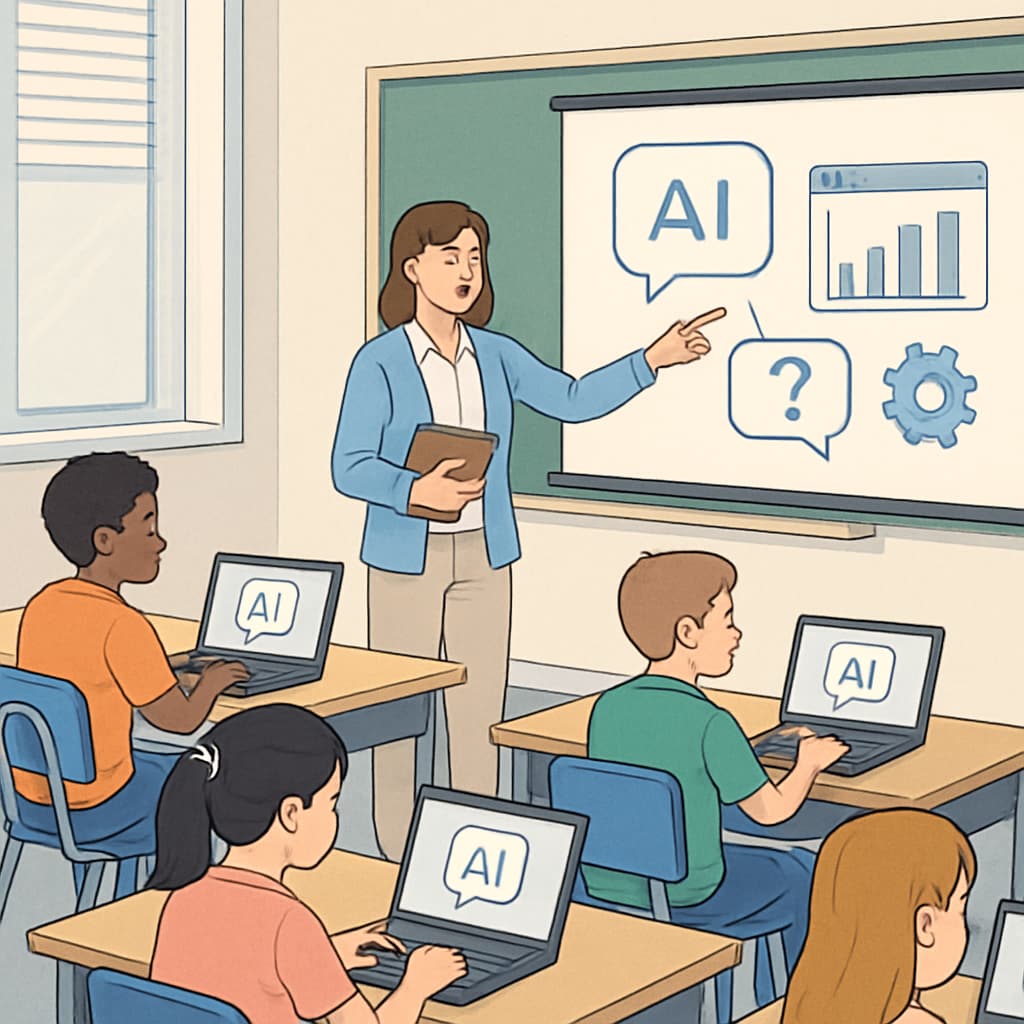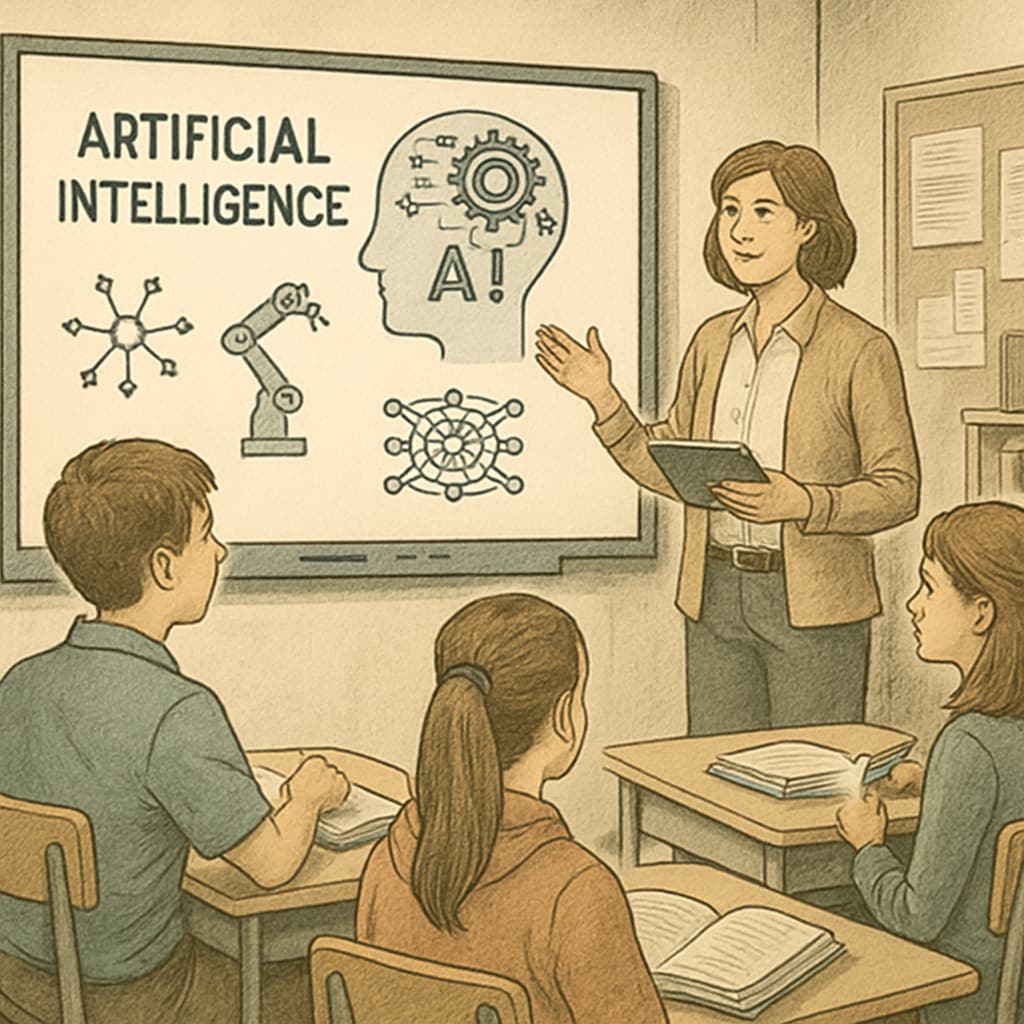Artificial intelligence (AI) is rapidly transforming industries, raising concerns about the value of university education and future employment prospects. High school students and their parents increasingly question whether traditional higher education offers a worthwhile return on investment in an era dominated by AI-driven automation. This article analyzes the challenges posed by AI to higher education and explores how middle and high schools can adapt to prepare students for this evolving landscape.
How AI is Disrupting University Education
The rise of AI has brought profound changes to how knowledge is created, shared, and applied. Automated systems now perform tasks that previously required advanced degrees and specialized training, such as medical diagnosis, legal research, and software development. As a result, the traditional model of university education is under scrutiny.
For example, platforms like OpenAI’s ChatGPT and Google’s Bard provide instant access to advanced information processing, enabling individuals to acquire skills without formal education. This democratization of knowledge challenges universities to prove their relevance in a world where AI can often outperform human expertise.
- Cost vs. Benefit: Families are questioning whether the financial burden of college tuition aligns with diminishing job guarantees.
- Skill Obsolescence: AI’s rapid evolution risks rendering certain skills and degrees outdated soon after graduation.
These factors highlight the urgent need for universities to rethink their educational models, emphasizing adaptability and interdisciplinary skills rather than rigid specialization.

Adapting High School Education for an AI-Driven World
To help students navigate these challenges, middle and high schools must play a pivotal role in preparing them for AI’s transformative impact. This involves reimagining curricula to prioritize critical thinking, creativity, and technological fluency.
Some strategies schools can adopt include:
- Teaching AI Literacy: Introduce students to AI concepts and tools, helping them understand its applications and limitations.
- Fostering Problem-Solving Skills: Encourage students to approach complex challenges with innovative solutions.
- Integrating Career Exploration: Expose students to emerging fields where human creativity complements AI capabilities, such as ethical AI design or data storytelling.
By equipping students with these skills, schools can empower them to thrive in careers that AI cannot easily replicate.

The Future of Employment in the Age of AI
While AI threatens certain job categories, it also creates opportunities in areas requiring human ingenuity and emotional intelligence. For instance, careers in fields like AI ethics, personalized healthcare, and creative industries are expected to grow.
To capitalize on these opportunities, students must develop a mindset focused on lifelong learning and adaptability. Industries will increasingly prioritize candidates who can work alongside AI systems, leveraging their strengths while addressing their limitations.
Ultimately, success in the AI era will depend on an individual’s ability to combine technical proficiency with soft skills, such as communication, collaboration, and ethical decision-making.
Readability guidance: Use concise paragraphs and bullet points to summarize key ideas. Ensure content flows logically and includes relevant examples to illustrate points.


